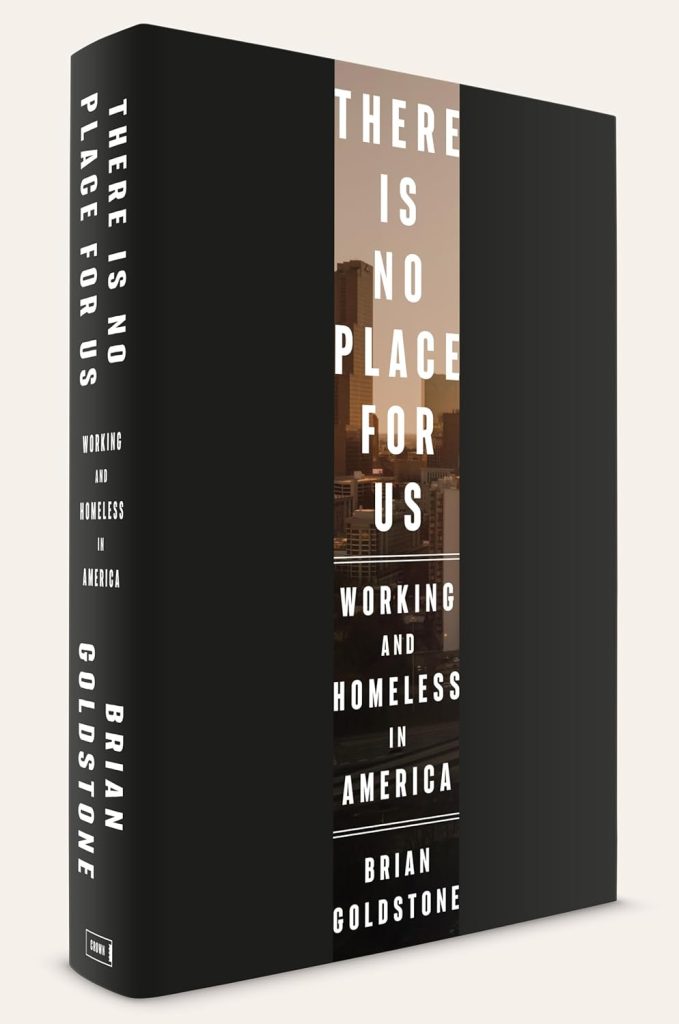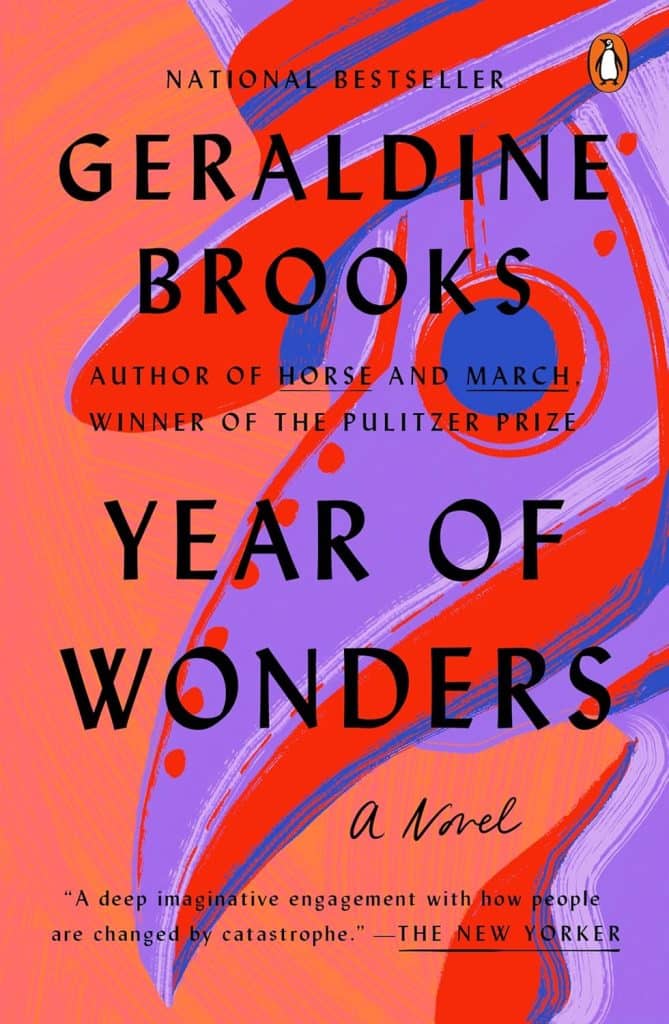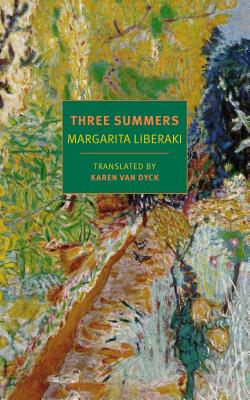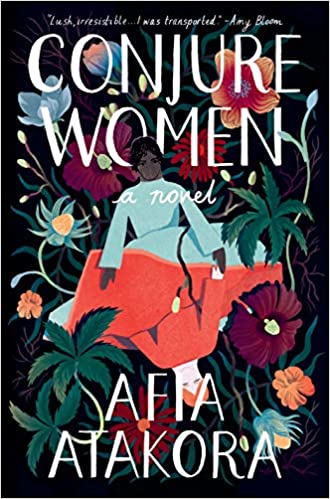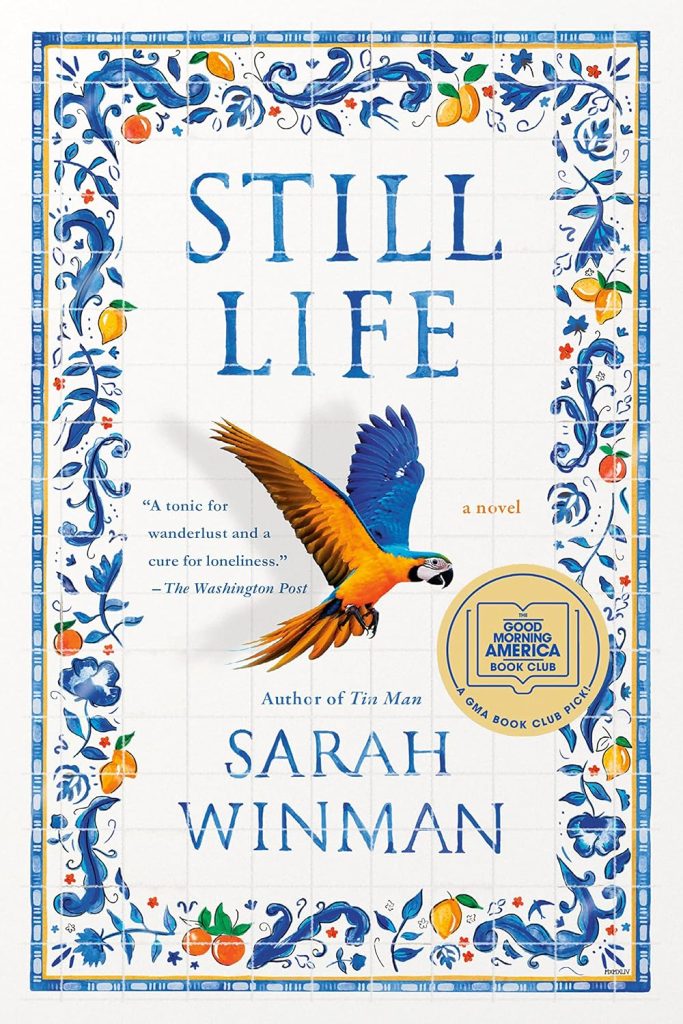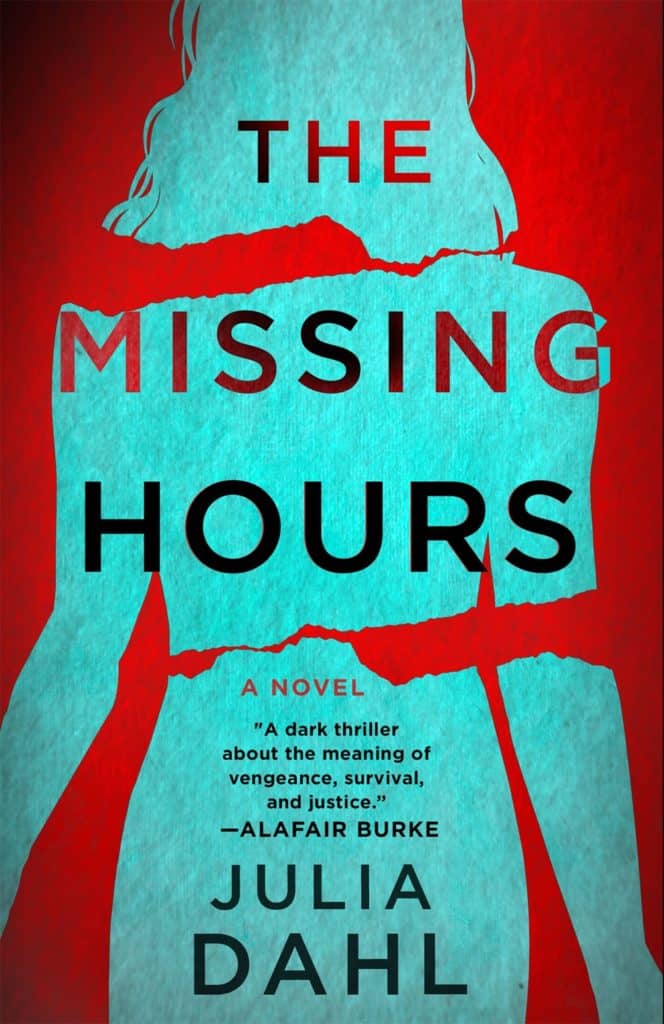Please, Stay With Me!
Estimated reading time: 14 minutes, 57 seconds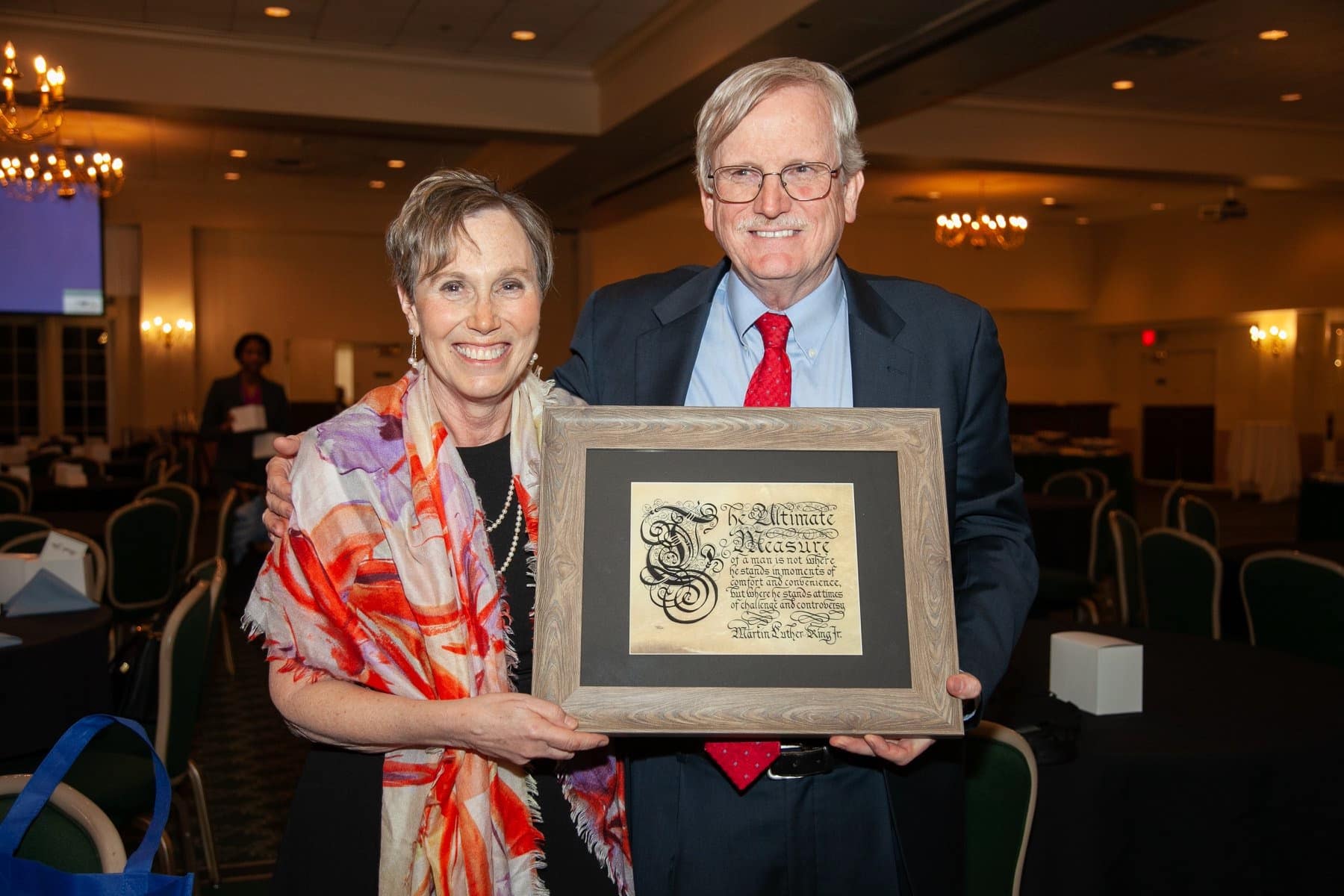
Monarch Farewell Dinner March 21, 2019
Is your speech ready for tonight?” she asked as she entered our home. Her expression showed annoyance as she looked at my untidy appearance and nervous state. I felt my heart rate increase as I stuttered out a response. “Not really,” I admitted, feeling a tight knot in my stomach. But we can still make it work, right?” Jan offered a reassuring smile and placed a comforting hand on my shoulder. “Of course we can,” she said. “We’ll review what you want to say on the way to the Forsgate County Club. You’ll do great.”
I had stopped working at the beginning of the year, but Monarch Housing Associates had organized a farewell dinner in my honor this evening. The event would also celebrate the passing of Monarch’s leadership to Taiisa Kelly and Asish Patel. It was a critical moment, and I was grateful to have Jan by my side.
As I drove to the event, I felt excitement and nervousness. Jan, my companion for the evening, had been kind enough to accompany me and offer her support. During the thirty-minute drive, we talked about what I should say in my speech, and Jan was an accommodating listener. However, when she referred to the event as my “retirement dinner,” I couldn’t help but feel a twinge of unease. I expressed this to her, and she understood my discomfort with the “R” word. Nonetheless, Jan reminded me that this was an opportunity to thank all the wonderful people I had worked with over the years and to celebrate my achievements. As we pulled into the parking lot, I leaned over to kiss her, grateful for her presence and encouragement. You will do fine!” she reassured me with a smile.
As Jan and I walked into the room, I felt a relief wave like the sun breaking through a cloudy sky. After months of unemployment, seeing so many familiar faces was welcome. As I walked through the crowd, former colleagues greeted me with warm hugs and excited chatter. I was surprised at how many people had shown up to welcome me back, and it was a comforting feeling to know that I was valued and appreciated. It was as if I had never left, and I felt a sense of belonging that had been absent for far too long.
My wife Jan felt uneasy during the reception, even though she knew some guests. Wanting to make Jan as comfortable as possible, I introduced her to as many new faces as possible, hoping to make her feel more relaxed. Hey, this is Steve, one of the top architects, and Joe is a developer for LIHTC.” They warmly welcomed Jan and started a conversation. As they continued to chat, someone asked Jan, “So, how is it having Richard at home all the time? Does he cook for you?” Jan laughed and replied, “I thought I had taught him, but he still needs training. He’s a work in progress, but I’ll keep him around.
As the program began, a sudden announcement filled the room. My wife Jan had already eaten, but I had not eaten. I grabbed a plate of pasta, and we made our way to a table on the right side of the stage. The event hosts, Bob Kley and Taissa Kelly, greeted everyone with warmth and positivity, taking a moment to acknowledge my contributions during my tenure. Just as I was about to take a bite, they called me up to the stage, leaving me surprised and curious. With a plaque in their hands, they gave me a quote from Dr. King that emphasized the importance of standing firm during times of challenge and controversy. It was a touching moment that left me humbled and grateful for the recognition.
“The ultimate measure of a man is not where he stands in moments of comfort and convenience, but where he stands at times of challenge and controversy.”
Martin Luther King, Jr.
As I took my place on the stage, clutching the microphone in my hand, I felt a sense of nervous anticipation wash over me. I was ready to begin my speech, but Taissa’s announcement that there would be a musical interlude before I started caught me off guard. I hope you’re not asking me to sing,” I joked, trying to ease my nerves. Despite my best efforts, my anxiety was starting to bubble up again.
Then, a board member and close friend, Laverne Williams, stepped forward. “Don’t worry, the Gospel choir from my church, Union Baptist, will take care of the music,” she reassured me. As the choir took to the stage, their voices filled the room with a powerful energy and passion that left me in awe.
Yet, as the minutes ticked by and the choir continued to sing, my confidence began to waver. I was still standing on the stage, waiting for my speech. Though the choir’s performance was nothing short of remarkable, the anxiety that had been building inside me threatened to overwhelm me once again.
As soon as the choir’s music died down, I took a moment to express my gratitude and began my speech by admitting that I had not prepared anything ahead of time. As many of you know, I’m not one to write a speech, but I always manage to find something to say when I have a microphone in my hand,” I joked, eliciting laughter from the audience.
I then took a deep breath before continuing and turned my head to the right to find my wife, whom I wanted to introduce to the audience. However, to my surprise, she was not there. I scanned the room in a slightly panicked state until I finally spotted her on the left side of the room. I quickly corrected my mistake and asked her to stand up.
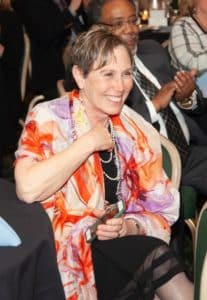
With all eyes on her, I began to express my gratitude for everything she had done for me. “If I have accomplished anything meaningful in my life, it’s because of the love and support of this incredible woman. She has made me a better person and has given me the strength and resilience to do my best every day.” As the audience rose to give her a standing ovation, I whispered the three most important words I knew, “I love you,” while gazing deeply into her eyes. It was a moment I will never forget.
After the event, Jan and I left the building, arm in arm, feeling grateful for the support we had received. As we drove home, we talked about the evening. Everyone said it was the best speech they had ever heard at an event like this,” Jan said discreetly, not mentioning the “R” word. I felt renewed purpose and determination, ready to face whatever challenges.
After almost 48 years, I recently lost my wife, Jan Lilien. Like The Little Prince, Jan and I believed that “The most beautiful things in the world cannot be seen or touched, they are felt with the heart.” This blog is a collection of my random thoughts on love, grief, life, and all things considered.


